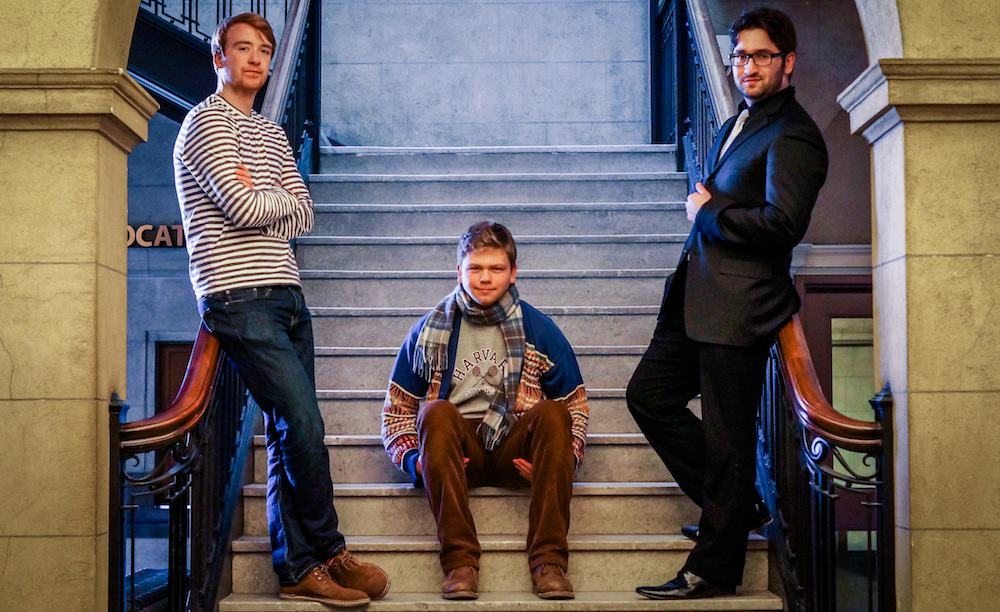Numerous questions on the structure of student governance at U of T remain unanswered as the end of the 2013–2014 school year approaches, bringing with it the University of Toronto Students’ Union (UTSU) elections.
After a year of discussion at the Student Societies Summit, the divisional student societies and the UTSU are no closer to consensus. If anything, they have drifted further apart.
“At the beginning, I would say it’s accurate to say that the NCSC, traditionally, we haven’t really been involved, and we haven’t been really confrontational when it comes to external parties,” said Ashkan Azimi, president of the New College Student Council (NCSC).
At the beginning of the summit, the NCSC and Woodsworth College Students’ Association (WCSA) did not initially support the defederation referenda held last year by the Victoria University Students’ Administrative Council (VUSAC), the Engineering Society (Eng Soc), and the Trinity College Meeting (TCM). “With UTSU specifically, we didn’t really have a formulated opinion at the beginning,” said WCSA president Rhys Smith. Those stances have evolved since that time.
“I think the biggest catalyst in that was the UTSU AGM,” said Smith. “Several of our council members attended, and we were quite disappointed to see how the financial documents and the audit procedures were handled.” UTSU president Munib Sajjad has repeatedly dodged questions about why the UTSU ran a $52,404 deficit last year — including when asked at the Annual General Meeting (AGM). Following the meeting WCSA wrote a letter to the UTSU complaining about how they handled these financial matters, which eventually led to a general consensus amongst WCSA that the UTSU was in need of reforms.
Azimi said that a number of issues with the UTSU became apparent to him and Craig Maniscalco, vice-president, admin of the NCSC, throughout the summit meetings. “There are issues about advocacy; there are issues about the vagueness of some clauses in the by-laws and constitution of the UTSU, and those things need to be fixed,” said Azimi.
The University College Literary and Athletic Association (UCLit) has not changed its take on defederation. “The UC Lit supports the right of divisional student societies to join or leave the union, and collect fees from students accordingly, based on the outcome of a fair and democratic referendum process. This has been our established stance since October,” said UCLit president Nishi Kumar.
These opinions culminated in the drafting of a joint letter to faculty members of the Student Societies Summit from several divisional student societies. The societies argued that the outcome of the summit must be a recommendation to Governing Council to change university policy. This letter recommends that U of T must specifically define and enforce the requirement that student societies be “open, accessible, and democratic.”
Further, the letter argued that UTSU’s arrangement with the UTM Students’ Union (UTMSU) must be terminated or offered to other student societies. “Currently, UTM students’ UTSU fees are returned to the UTMSU, so that the UTMSU can run services which the UTSU would run if it were able to operate an office at UTM. In essence, this is a fee diversion arrangement between the two organizations. In spite of having their fee returned to their local student society, UTM students have full voting rights in the UTSU,” says the letter.
This letter was signed by divisional societies representing every college except Woodsworth, as well as Eng Soc and the Kinesiology and Physical Education Undergraduate Association. Smith explained that WCSA could not approve the letter because it was drafted immediately after its previous board meeting. He added, however, that he personally agreed with the contents of the letter.
“I want to say something about the UTSU,” added Azimi. “NCSC and the UTSU are currently collaborating on a culture show event, and what I want to say about that is, I have no problem collaborating with the UTSU; I believe they are an asset to the University of Toronto. At the same time, I believe there are some fundamental changes that have to be made.”
Smith stated that the best way for students to advance changes at the university is to stay informed by attending general meetings and any board meetings they can, taking advantage of opportunities to learn as much as possible and advance their own ideas.
“A decision needs to be made. The summit meetings we’ve been going to, we’re all students; we’re all busy, and just leaving things as they are would be a big insult to all the participants, as well as the professors and the chair,” he concluded.


